Soldiers at several army bases across the West African country rebelled on Sunday, demanding the sacking of the military top brass and more resources to fight a bloody jihadist insurgency.
Mutinous troops in restive Burkina Faso arrested President Christian Kabore on Monday and detained him in army barracks a day after staging an uprising
Soldiers at several army bases across the West African country rebelled on Sunday, demanding the sacking of the military top brass and more resources to fight a bloody jihadist insurgency.
Later in the day gunshots were heard near Kabore’s private residence in the capital Ouagadougou, and witnesses reported seeing a helicopter above it.
“President Kabore, the head of parliament and the ministers are effectively in the hands of the soldiers” at the Sangoule Lamizana barracks in the capital Ouagadougou, a security source said, with another source confirming the arrest.
The situation was tense and confused in the capital, where mobile internet had been cut on Sunday, making it difficult to verify rumours of a coup in progress.
Reports said 10 hooded troops had posted themselves in front of the national broadcaster RTB on Monday, but it was not immediately clear if they were from the mutineers or had been sent in by the government.
Kabore, first elected in 2015 before winning re-election five years later on campaign vows he would prioritise the fight against the jihadist insurgency, has faced rising public anger about the failure to stop the bloodshed.
A group of protesters supporting the soldiers set up makeshift roadblocks on several main streets in the capital before being dispersed by police.
There have been several coups or attempted coups in Burkina Faso. In neighbouring Mali — where the insurgency began before crossing the border — the military toppled the civilian government in 2020.
Read Also: Military closes Burkina Faso’s borders after coup removes President Kabore
The latest volatility in Burkina Faso began on Sunday morning when gunfire was heard at numerous military bases, including two in Ouagadougou.
The rebellious troops presented a list of demands, which emphasized the need for a better anti-jihadist strategy, but did not mention trying to oust Kabore.
“We want adequate resources for the battle” against Islamist extremists, a soldier from the Sangoule Lamizana base in Ouagadougou said in a voice recording.
The disgruntled soldiers also wanted top generals to be “replaced”, better care for wounded troops and more support for the families of soldiers killed in battle, the spokesman for the mutinous troops added in the anonymous recording.
Talks between representatives of the soldiers and Defence Minister General Barthelemy Simpore failed to make headway, a government source said.
On Saturday before signs of soldier mutinies, police used tear to disperse banned protests against the government’s anti-jihadist strategies, arresting dozens.
Then on Sunday, demonstrators set fire to the headquarters of the ruling party.
Before reports of the president’s arrest, the government had denied an “army takeover”.
In response to the unrest, authorities declared an overnight curfew from 8:00 pm (2000 GMT) Sunday “until further notice” and the education ministry said schools would be closed Monday and Tuesday.
The Sangoule Lamizana camp where Kabore is being held also houses a military prison where General Gilbert Diendere — a former right-hand man to deposed president Blaise Compaore — is serving a 20-year term for an attempted coup in 2015.
Diendere is also on trial for his alleged part in the 1987 assassination of the country’s revolutionary leader, Thomas Sankara, during a putsch that brought Compaore to power.
Compaore, overthrown by a popular uprising in 2014, fled to Ivory Coast, and is being tried in absentia for the assassination.
The latest turbulence coincides with a jihadist insurgency that swept in from Mali in 2015, overwhelming Burkina’s poorly trained and badly equipped armed forces.
No fewer than 2,000 people have reportedly died, while an estimated 1.5 million people are internally displaced, according to the national emergency agency — CONASUR.











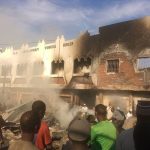
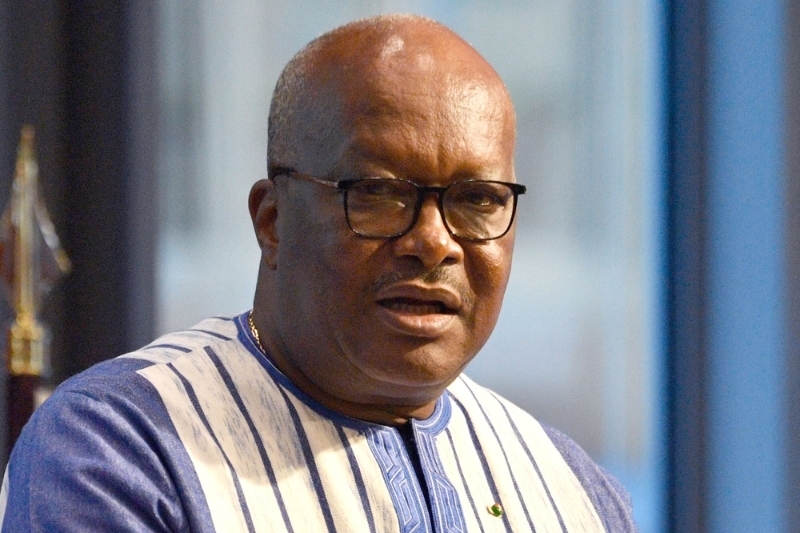
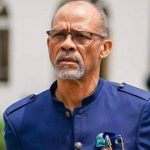
















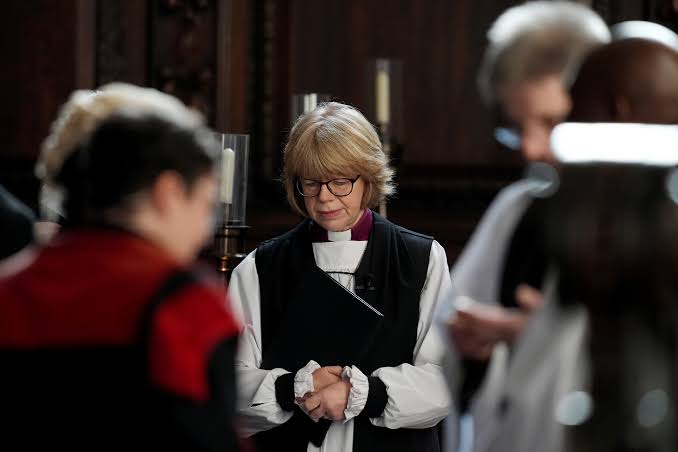

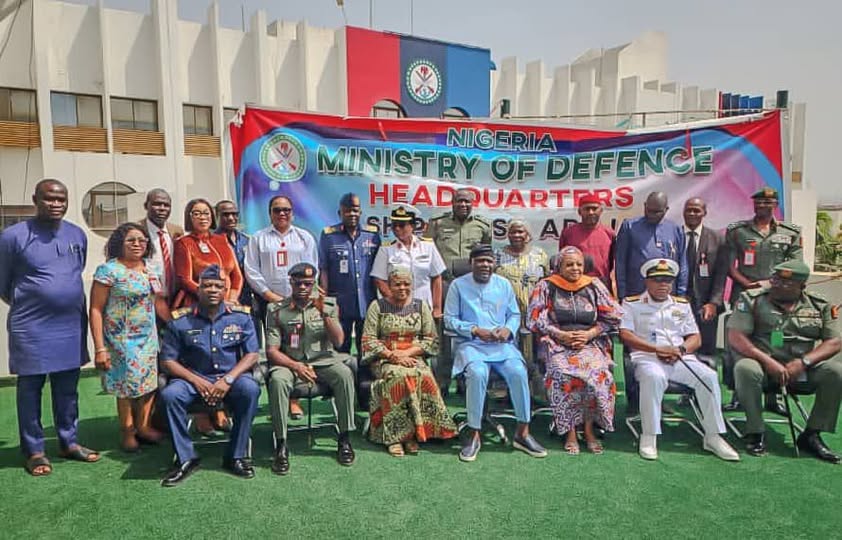
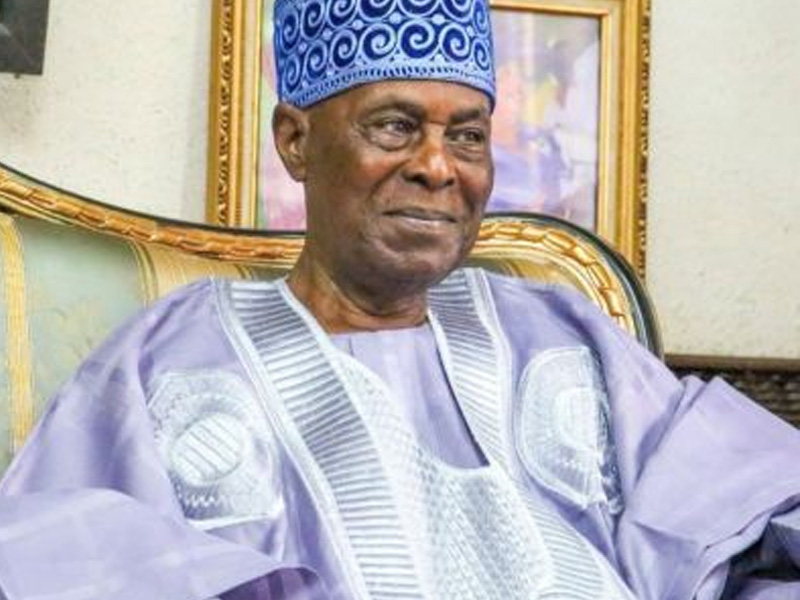


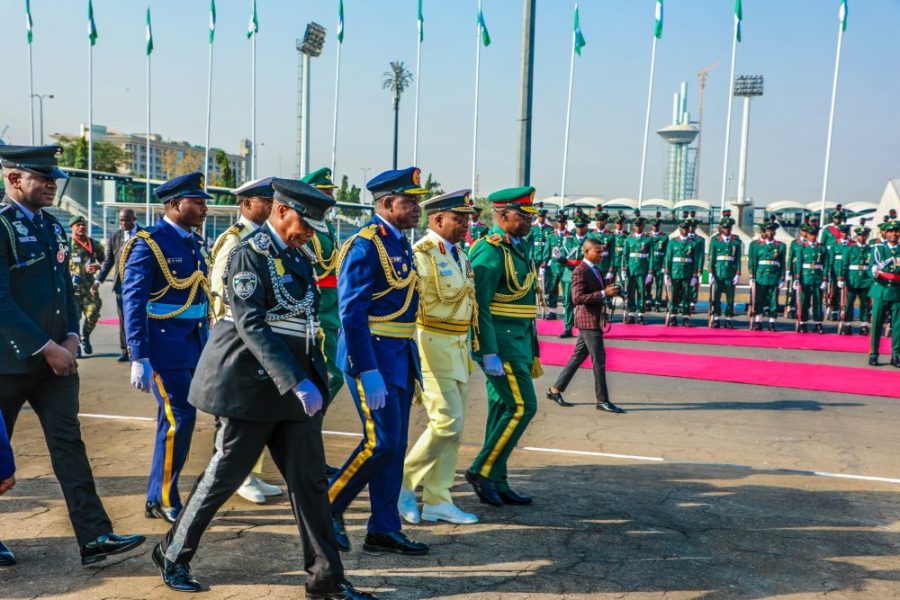
Leave a comment